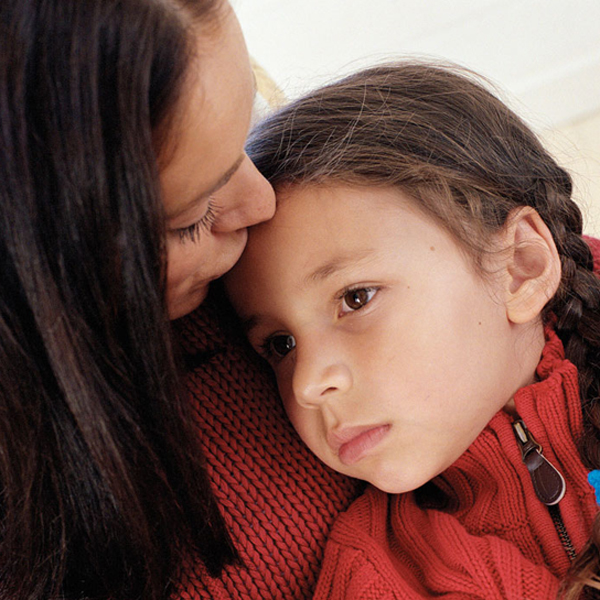Over the years, 7-year-old Amy and her mom have had several “birth mother” talks. As a small child, Amy wondered aloud about what her birth mother looked like, whether she would come to visit, and how big her belly was when Amy was in it.
But now that Amy has school friends, she understands that not all children were adopted. This realization has led her to think more about her birth mother and, often, to miss the woman she never knew.
Demystifying Mom
Though adoptive parents sometimes feel threatened by talk of a birth parent, it’s important to keep the discussion open. Children who can talk to their parents about their thoughts, fantasies, and feelings have a better chance of forming a realistic impression of their birth parents.
They can bounce their ideas and questions off a trusted adult and, in return, receive age-appropriate responses. But what about kids who do not or cannot talk to a parent about their birth families? What if they perceive sadness or anger whenever they bring up the subject? These kids will sometimes spin fantasies, without the reality check a grown-up can provide.
Adopted children will often grieve for their birth parents or for the lost opportunity to have known them. If left alone with their thoughts, they may fabricate a naïve and unrealistic perspective.
Uneducated in the legalities of adoption, they may hope for their birth parents’ return or fantasize about going to live with them in a home without chores, homework, or annoying younger siblings. Some children who are not sufficiently assured of their value or place in the family may fear being returned to the birth parent involuntarily, as punishment or out of indifference.
School-age children who are asked how often they think of their birth parents sometimes answer, “Every day,” “Whenever I am alone,” or “When I go to bed.” These responses demonstrate normal thought processes. Children in this age group are anxious to talk about their thoughts and to have help exploring their ideas.
The best help is from a parent who does not feel threatened by the mention of a birth parent, so be open to talking. As a backup, another close adult or a professional counselor well-versed in adoption issues can be a vital resource.


